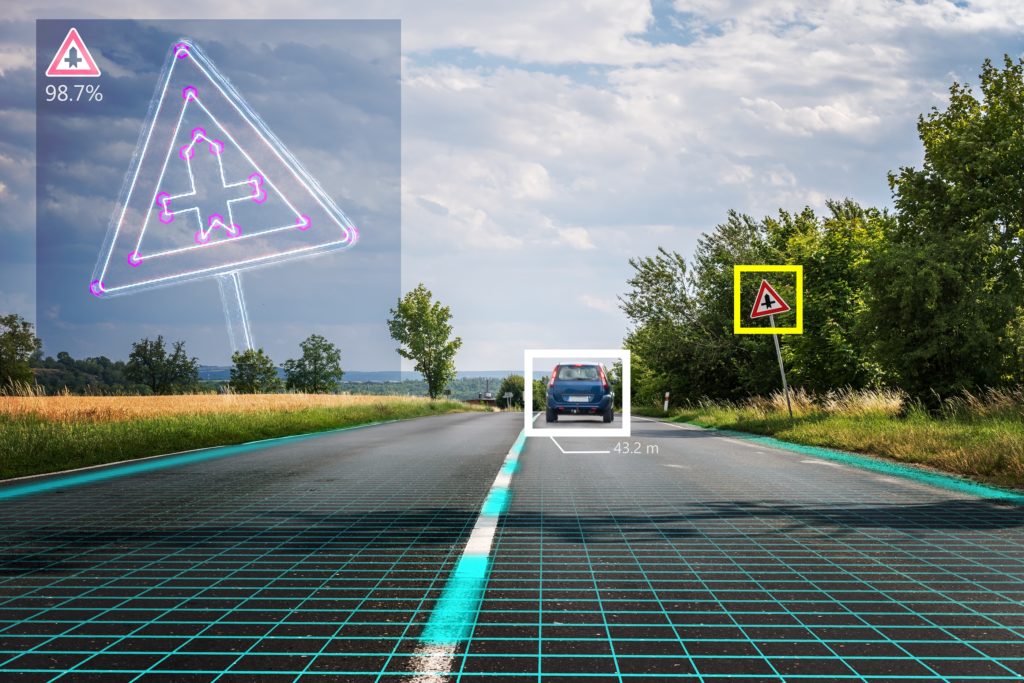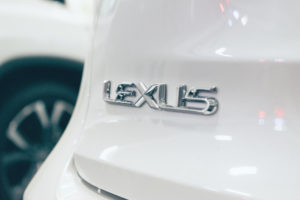
Toyota, Japan’s biggest carmaker, plans to introduce self-driving cars on highways as early as 2020. There’s a few things that need to happen prior to that. There’s the task of developing hardware and software, dramatically slashing costs, and ramping up hiring of software engineers to make it happen.
Toyota Research Institute Advanced Development (TRI-AD) recently opened in Tokyo. It set out to bridge the gap between research and the self-driving vehicle showroom floor. TRI-AD is the result of a $2.8 billion investment shared by Toyota and Toyota Group suppliers Aisin Seiki and Denso.
American James Kuffner, CEO of TRI-AD, says, “The prototypes and the preproduction vehicles that the team is building here at TRI-AD are going to be … The most intelligent supercomputer on wheels. We’ve called it the moonshot of my generation to build this technology and bring it to market.”

A modified Lexus LS sedan is the mobile laboratory for the prototype. The 2020 vehicle will also be a Lexus, which means very expensive. The car will need hardware and software not yet in production. It will also need the required array of advanced cameras, lidars, and radars won’t be cheap.
According to Ken Koibuchi, TRI-AD chief technical officer, “To deploy in middle-class vehicles, we have to reduce costs dramatically.” He says the cost must drop by more than half of today’s levels.
In the meantime, TRI-AD is ramping up staffing, competing for the best software and artificial intelligence engineers worldwide. Toytota hopes to attract the best in computing by creating the self-standing autonomous driving unit. Kuffner says people respond well to the company’s mission. “I can tell a top-talented software engineer, ‘Would you like to write software to sell ads, or would you like to write software to save lives?’” he says. “And they’ll join us.”
Under Pressure
The pressure to bring the first self-driving vehicle to market has resulted in promises from many car manufacturers. Whether Toyota is the company that actually makes good on that promise remains to be seen.
IEEE Guide to Autonomous Vehicle Technology is a seven-course program developed by some of the leading experts in autonomous vehicle technologies. The program covers the foundational and practical applications of AV technologies, including an overview of current state-of-the-art systems, deep learning algorithms, and other intelligent approaches that promise safer and easier driving. Contact an IEEE Content Specialist for details about getting this program for your organization.
Resources
Greimel, Hans. (9 Feb 2019). Toyota’s moonshot: Self-driving car for sale — in a year. Automotive News. �=� �In�


No comments yet.